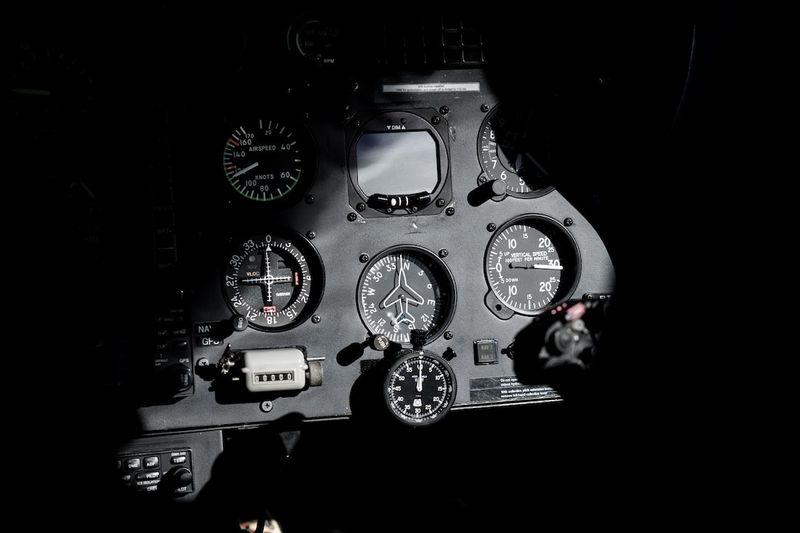Air Canada Pilot Becomes ‘Incapacitated’ During Flight from Toronto
A Terrifying Flight Incident
A recent Air Canada flight from Toronto to St. John’s, Newfoundland took a frightening turn when the pilot suddenly became “incapacitated” during the journey. The incident occurred on June 7, with the Airbus A220-300 aircraft carrying 125 passengers and six crew members. Fortunately, the crisis was averted thanks to the quick actions of a deadheading captain who stepped in to assume the pilot’s duties and safely land the plane.
According to the aviation accident and incident website, Aviation Herald, the first officer of the aircraft became “incapacitated” approximately 77 minutes after departure. This prompted the deadheading captain to take charge and perform a safe landing 90 minutes later. Emergency medical services were waiting at the gate upon the aircraft’s arrival in St. John’s at 10:26 p.m. local time.
It is important to note that no other injuries were reported, and the aircraft landed without further incident. However, the precise reason behind the pilot’s incapacitation remains unclear.
The Role of a First Officer
To better understand the significance of this incident, it is essential to explore the roles of the pilots on board. The first officer, also known as the co-pilot, is a commercial airline pilot who works alongside the captain in the cockpit. Their primary responsibility is to assist the captain with various aspects of the flight, ensuring the safety of the aircraft and its passengers.
Typically, the first officer sits in the right seat and is considered the second in command (SIC), while the captain occupies the left seat and serves as the pilot in command (PIC). The first officer’s training and expertise are crucial in operating the aircraft smoothly and managing any unexpected situations that may arise mid-flight.
In this particular case, the deadheading captain, who was not originally scheduled to be part of the active crew, had to step in and assume the responsibilities of the incapacitated first officer. This exemplifies the importance of backup systems and training in the aviation industry, demonstrating the preparedness of Air Canada to handle unexpected emergencies.
An Urgent Wake-Up Call
While this incident ended without any major consequences, it serves as a wake-up call to the aviation industry as a whole. The safety and well-being of passengers should always be the utmost priority, and incidences of pilot incapacitation highlight the need for greater precautionary measures.
It is crucial for airlines to assess and prioritize the health and well-being of their crew members. Comprehensive medical check-ups, regular health screenings, and maintaining a healthy work-life balance can contribute significantly to preventing such incidents. Additionally, implementing protocols and training programs to handle emergency situations should be an essential part of every airline’s operations.
Editorial and Advice
This incident is a testament to the professionalism and expertise of the deadheading captain who stepped in to ensure the safe landing of the aircraft. Their swift and decisive actions minimized the potential risks associated with an incapacitated pilot, underscoring the importance of proficient backup systems in aviation.
Moving forward, it is imperative for airlines to closely examine their safety protocols and emergency response procedures. Ensuring that crews receive comprehensive training in managing such situations can greatly enhance passenger safety and instill confidence in the industry.
Passengers, too, have a role to play in aviation safety. Remaining calm and following instructions during emergencies is essential for a successful outcome. Trusting in the expertise of the flight crew and supporting their decisions can help maintain order and assist in resolving critical situations.
Ultimately, incidents such as the Air Canada pilot’s incapacitation highlight the ever-present need for constant vigilance in the aviation industry. By prioritizing safety measures, enhancing training programs, and investing in crew well-being, airlines can ensure a secure and reliable travel experience for all passengers.

<< photo by Shaun Darwood >>
The image is for illustrative purposes only and does not depict the actual situation.




